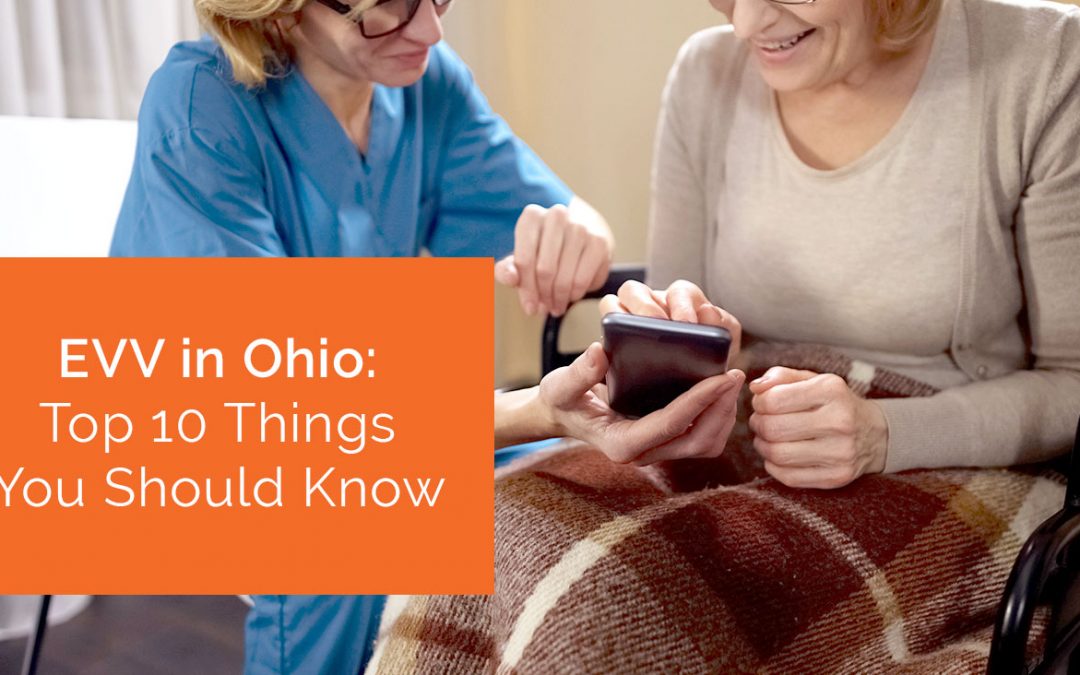Home health care is the fastest growing industry in the U.S., and it’s really not a surprise. According to the U.S. Census, there will be more than 83 million people over the age of 65 by 2050 — and surveys show that most of them want to stay in their homes as long as possible, rather than move into nursing homes or assisted living facilities.
With so much demand for home health services, it only makes sense that more entrepreneurs are considering opening their own agencies. For someone who wants to make a difference in the lives of others and be an important part of the healthcare system, home health can be an ideal business opportunity. There is a lot that goes into opening an agency though, and the first step is to consider whether to start an agency from scratch, buy an existing business, or go the franchise route.
Weighing the Pros and Cons
Many people are focused on the idea of starting an agency from scratch because they have a definite idea of what they want from their agency — and in most cases, how they want to differentiate their agencies from others. Before you begin writing a business plan, though, take some time to compare the benefits and drawbacks of all the potential agency options.
Franchise. Franchises in any industry are often appealing to entrepreneurs because when compared to starting from scratch, they offer a modicum of simplicity. Investing in a franchise agency typically means that you are given the tools you need to operate your agency, including technology, as well as the advantage of an established brand to build from. You won’t need to spend as much time setting up your agency and seeking the necessary approvals, developing policies and procedures, or developing a brand — it’s all done for you.
On the downside, opening a franchise usually means investing a lot of money upfront, and most franchisors have very strict fiscal requirements regarding their franchisees — and you still need to attract customers and build referral relationships. Owning a franchise also limits your freedom in terms of how you can operate your business. You must follow the corporate policies and procedures, or risk losing your franchise. And finally, there is some risk involved with being part of a chain. Should the overall company’s reputation take a hit (even if it’s not related to your specific location) or the company go bankrupt, you could lose business or even be forced to close.
Existing Business. Another option is to purchase an existing home health agency. HHA owners sell for all sorts of reasons, and much like buying a franchise, when you purchase an existing agency, everything is already in place, meaning you’ll spend less time getting up and running. The primary difference is that an existing agency already has customers, whereas with a franchise you’ll have to build that base.
Besides having a head start when it comes to marketing, client base, and operations, buying an existing agency does give you freedom to make changes to better fit your vision. You aren’t bound by strict franchising rules, although you might face resistance from existing staff who aren’t in favor of change. On the downside, buying an existing business means that you are buying the previous owner’s problems. If the agency has a poor reputation, doesn’t have a great quality rating, or other issues, as the new owner those problems become your responsibility.
Start from Scratch. The biggest benefit to starting your business from scratch is that you can control nearly every aspect of the operation and create the agency that you want. From developing a mission and vision to building a brand and a team, you are in the driver’s seat. And while startup costs can be fairly hefty, in some cases it may cost less to start a new agency than it would to purchase an existing business or franchise. You can bootstrap a HHA like any business; many begin out of the owner’s home and rely on the internet and home health software to manage the details of the business. You will still need to hire and train caregivers, and meet Medicare requirements if you want to be Medicare-certified, but it is possible to start out on your own for less money than buying an existing business.
On the downside, opening your independent HHA does mean that you’ll have to market your business yourself, and build a brand, because you won’t have an existing one to lean on. You’ll also need to do your homework to ensure that you have all of the necessary licenses and permits, and that you’re adhering to the rules of your state regarding home health. Still, building your own agency from the ground up allows you the most freedom and flexibility to create the business you want.
Choosing the type of HHA to open is only the first step in your journey to becoming a business owner. However, it can make all the difference in your success, so do your research and compare all of the options. Don’t forget to check out Complia Health’s white papers to learn more about the home health care industry to ensure you’re informed before you begin.




